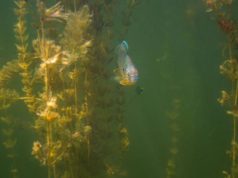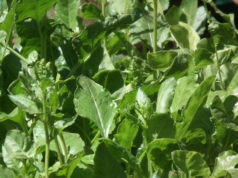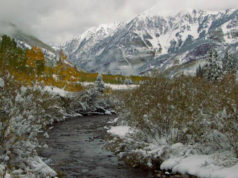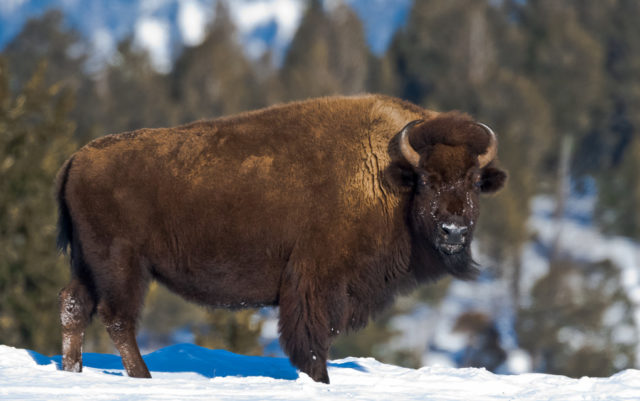
Wild ‘N Free event focuses on saving bison
Hundreds of bison are removed every year from the Yellowstone area in what land managers say is an effort to protect Montana’s cattle industry from disease and to keep the population around 3,000-3,500 bison. The management activities are controversial, as they include herding the animals with helicopters, hunting, using bait and capture facilities and loading buffalo away for slaughter.
The Buffalo Field Campaign (BFC) is a nonprofit organization that works to protect the bison in the area around and in Yellowstone National Park by protecting their natural habitats, documenting the removal of the animals from the park and ensuring the safety of the bison by watching them daily.
On Oct. 22 at Rembrandt Yard Art Gallery (1301 Spruce St., Boulder), the second annual Wild ‘N Free Gala and Art Auction will benefit the BFC. The event will feature artwork and photography, a short film designed to highlight the struggles of bison and a talk by Mike Mease, co-founder of the BFC.
The BFC fights to protect the bison native to the North American Great Plains, and they have requested that the Yellowstone bison be listed under the Endangered Species Act. Furthermore, they have called for a revision of the bison management plan, first conducting a population study to determine the next steps for the bison. Pending the revision, the BFC has asked that the capture, killing and removal of bison be stopped.
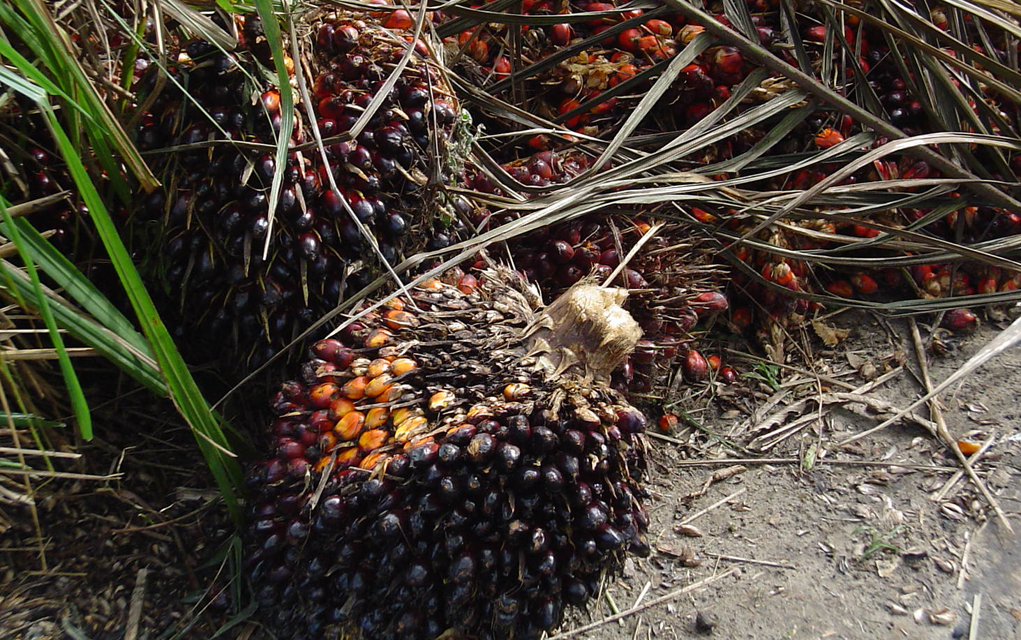
First Fair Trade USA certification for palm oil
Palm oil is a product that is incredibly efficient, offering up to 10 times more oil than other oil-producing seeds, fruits and nuts. But at present, it is being harvested in high volume to meet high demand, in environmentally damaging ways.
In an effort to stop this trend, Hain’s Celestial Spectrum Organic All Vegetable Shortening is the first palm oil product to be certified by Fair Trade USA.
Palm oil products are not usually worthy of such a certification, as the industry has been linked to several environmental hazards such as deforestation, habitat degradation and animal cruelty. But a certification from Fair Trade USA is an indicator that the product comes from a transparent group with traceable, equitable supply chains. A certification from Fair Trade USA means that at every step of the supply chain the business was ensuring that the trade practices were fair and impartial.
The product comes from a small, family-owned company in Colombia, the Daabon Group, which strives to incorporate sustainable business practices throughout its production process, including supporting environmental and social programs.
As well as the certification from Fair Trade USA, the Daabon Group’s palm oil product has received certifications from the Roundtable for Sustainable Palm Oil (RSPO), a non-profit organization that has set industry standards for sustainable palm oil, and Rainforest Alliance, a nongovernmental organization that focuses on sustaining biodiversity.


